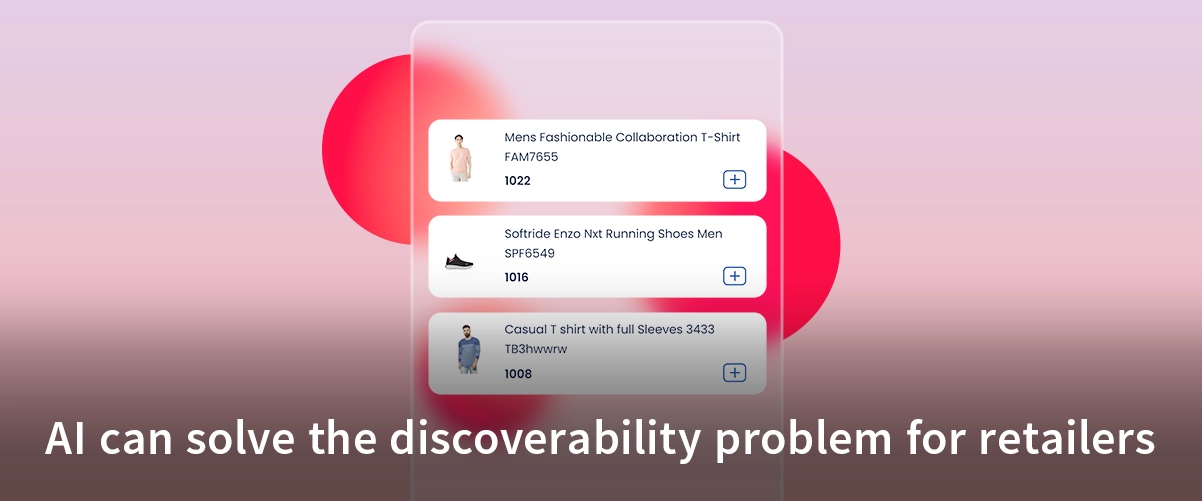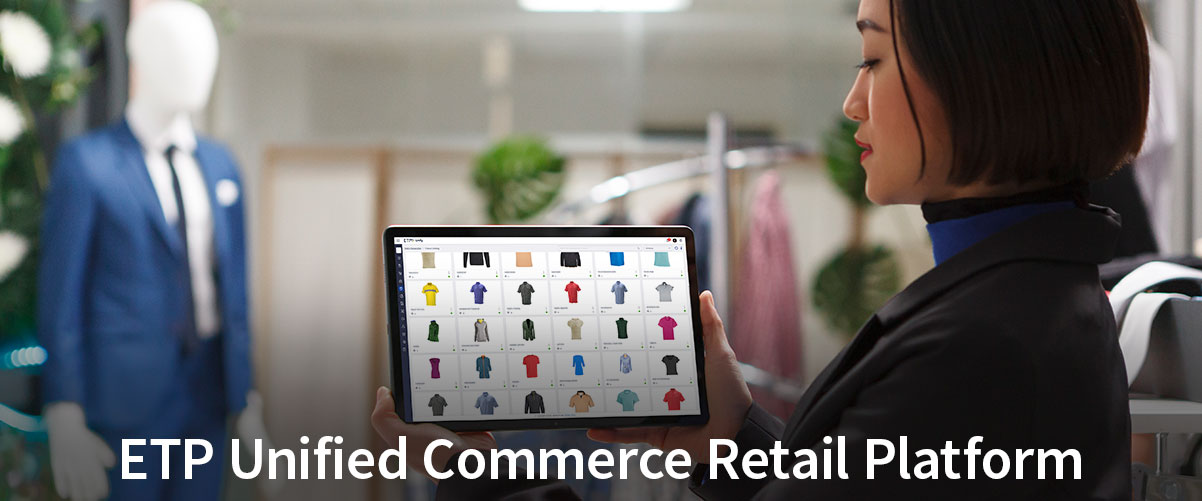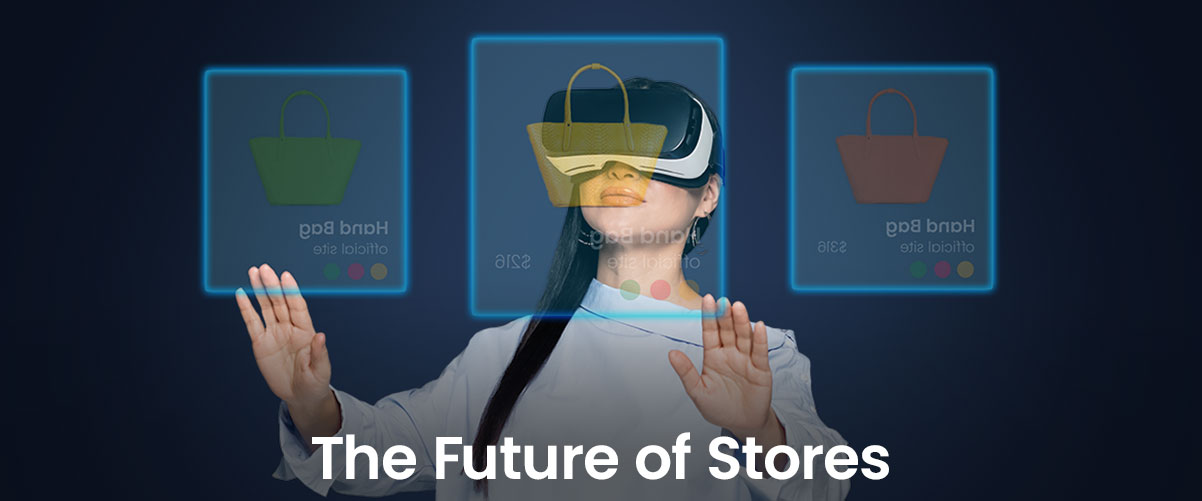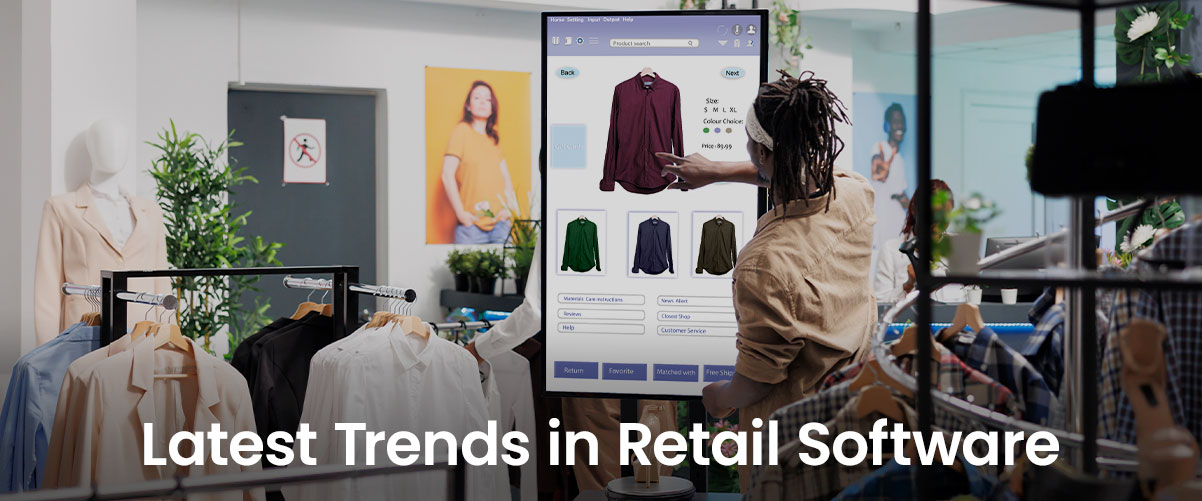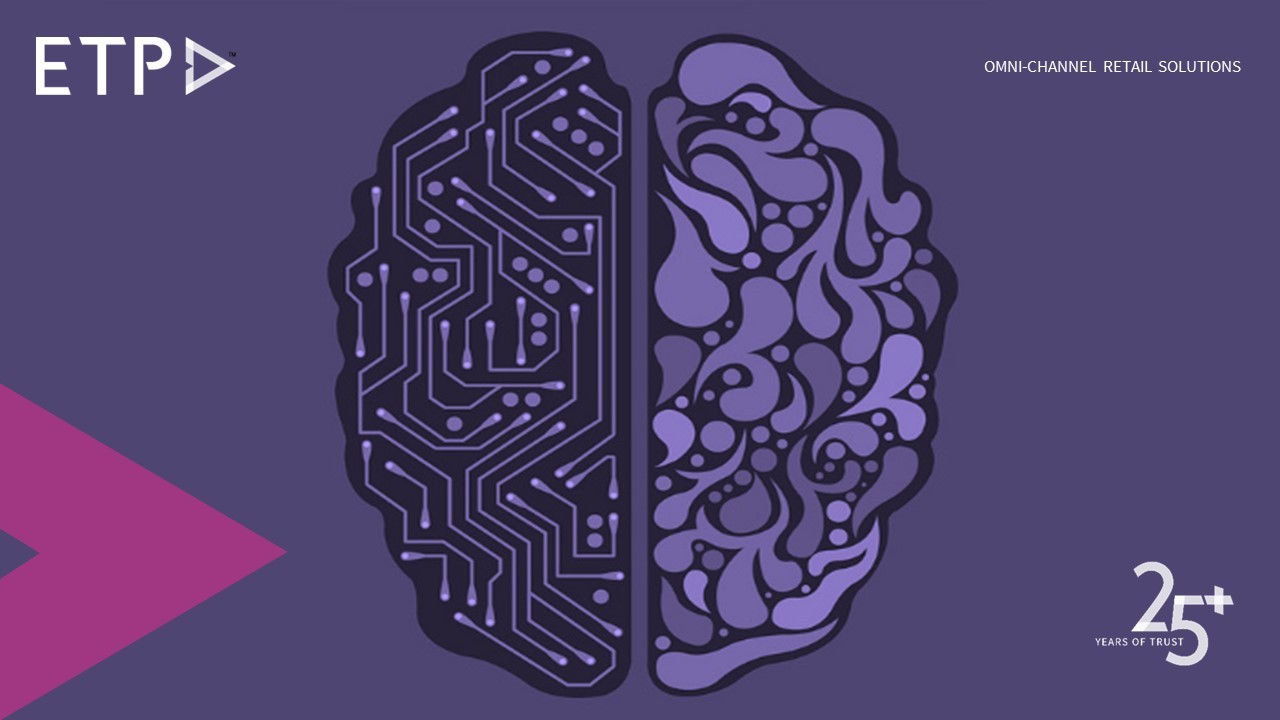
In the rapidly evolving retail landscape, the term “phygital” has gained significant traction. A blend of “physical” and “digital,” phygital retail represents the seamless integration of physical and digital experiences, creating a unified and enhanced shopping journey for consumers. This approach is not just a trend; it’s becoming a cornerstone of modern retail strategies. But is phygital retail truly the future of retail and e-Commerce? Let’s explore.
The Rise of Phygital Retail
Phygital retail is all about blending the tactile experience of physical stores with the convenience and efficiency of digital platforms. This hybrid approach leverages the strengths of both realms to provide consumers with a holistic shopping experience. The rise of phygital retail can be attributed to several key factors:
- Consumer Expectations: Modern consumers are tech-savvy and expect a seamless shopping experience across all channels. They want the ability to browse online, touch and feel products in-store, and make purchases through whichever medium they prefer.
- Technological Advancements: Technologies such as augmented reality (AR), virtual reality (VR), artificial intelligence (AI), and the Internet of Things (IoT) have made it possible to create immersive and interactive shopping experiences that bridge the gap between the physical and digital worlds.
- Omni-channel Strategy: Retailers are increasingly adopting omni-channel strategies to ensure a consistent and integrated customer experience. Phygital retail is a natural extension of this approach, allowing retailers to engage with customers at multiple touchpoints.
Benefits of Phygital Retail
The phygital retail model offers numerous benefits for both retailers and consumers:
- Enhanced Customer Experience: By combining the best of both worlds, phygital retail creates a more engaging and personalised shopping experience. Customers can enjoy the tactile satisfaction of in-store shopping along with the convenience of online browsing and purchasing.
- Increased Sales and Loyalty: Phygital retail encourages consumers to interact with brands across multiple channels, leading to increased sales and customer loyalty. For example, a customer might discover a product online, try it in-store, and then make a purchase via a mobile app.
- Data-Driven Insights: The integration of digital tools allows retailers to collect and analyse data on consumer behavior, preferences, and purchase patterns. This data can be used to optimise marketing strategies, tailor product offerings, and improve overall customer satisfaction.
- Operational Efficiency: Phygital retail can streamline operations by leveraging technologies such as automated inventory management, smart checkout systems, and real-time data analytics. This leads to cost savings and improved efficiency.
How ETP Unify Helps in the Phygital Retail
ETP Unify, the powerful cloud-native platform by ETP Group is at the forefront of enabling phygital retail experiences. Our comprehensive suite of unified commerce solutions is designed to seamlessly integrate physical and digital touchpoints, providing a consistent and engaging customer journey. Here’s how ETP Unify helps in the phygital retail context:
- Omni-channel Integration: ETP Unify facilitates seamless integration across various channels, including online stores, mobile apps, and physical stores. This ensures that customers can transition effortlessly between different touchpoints while enjoying a consistent experience.
- Advanced Analytics: ETP Unify leverages AI and machine learning to analyse customer data and provide actionable insights. Retailers can use this data to personalise the shopping experience, optimise inventory management, and enhance marketing strategies.
- Real-Time Inventory Management: With ETP Unify, retailers can maintain accurate and real-time visibility of inventory across all channels. This ensures that customers can always find the products they need, whether they are shopping online or in-store.
- Seamless Checkout Experience: ETP Unify offers advanced checkout solutions that combine the convenience of digital payments with the tactile experience of in-store shopping. Features like mobile POS and self-checkout kiosks enhance the phygital experience.
- Customer Engagement: ETP Unify helps retailers engage with customers through personalised promotions, loyalty programs, and targeted marketing campaigns. By understanding customer preferences and behavior, retailers can create more meaningful and lasting connections.
Phygital retail is not just a buzzword; it represents the future of retail and e-Commerce. By blending the strengths of physical and digital experiences, retailers can create a more engaging, efficient, and personalised shopping journey for their customers. ETP Unify is committed to helping retailers navigate this transformation, providing the tools and solutions needed to thrive in the phygital retail landscape.
As we move forward, the lines between physical and digital retail will continue to blur, making it essential for retailers to embrace the phygital approach. With ETP Unify, you can stay ahead of the curve and deliver exceptional experiences that keep your customers coming back for more.

